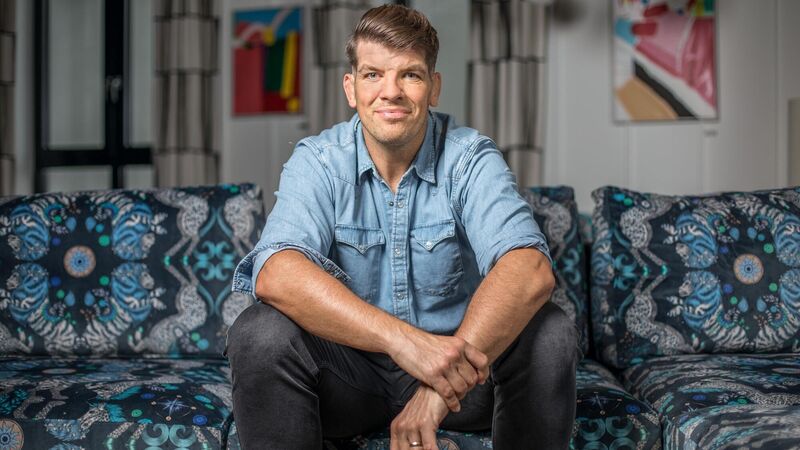Centrist dads must get out of comfort zone to combat manosphere

Former Munster and Irish rugby international Donncha O'Callaghan reflects a grounded masculinity rooted in love and care. File picture: David Creedon
Netflix's series — and some recent high-profile court cases — have inspired numerous conversations about the sub-cultures of young men, and many parents are asking where to, now.
One starting point is looking at the power of role models. We can all be role models. As men, we can demonstrate in our actions how to manage our emotions, share workloads at home, and advocate for others.













